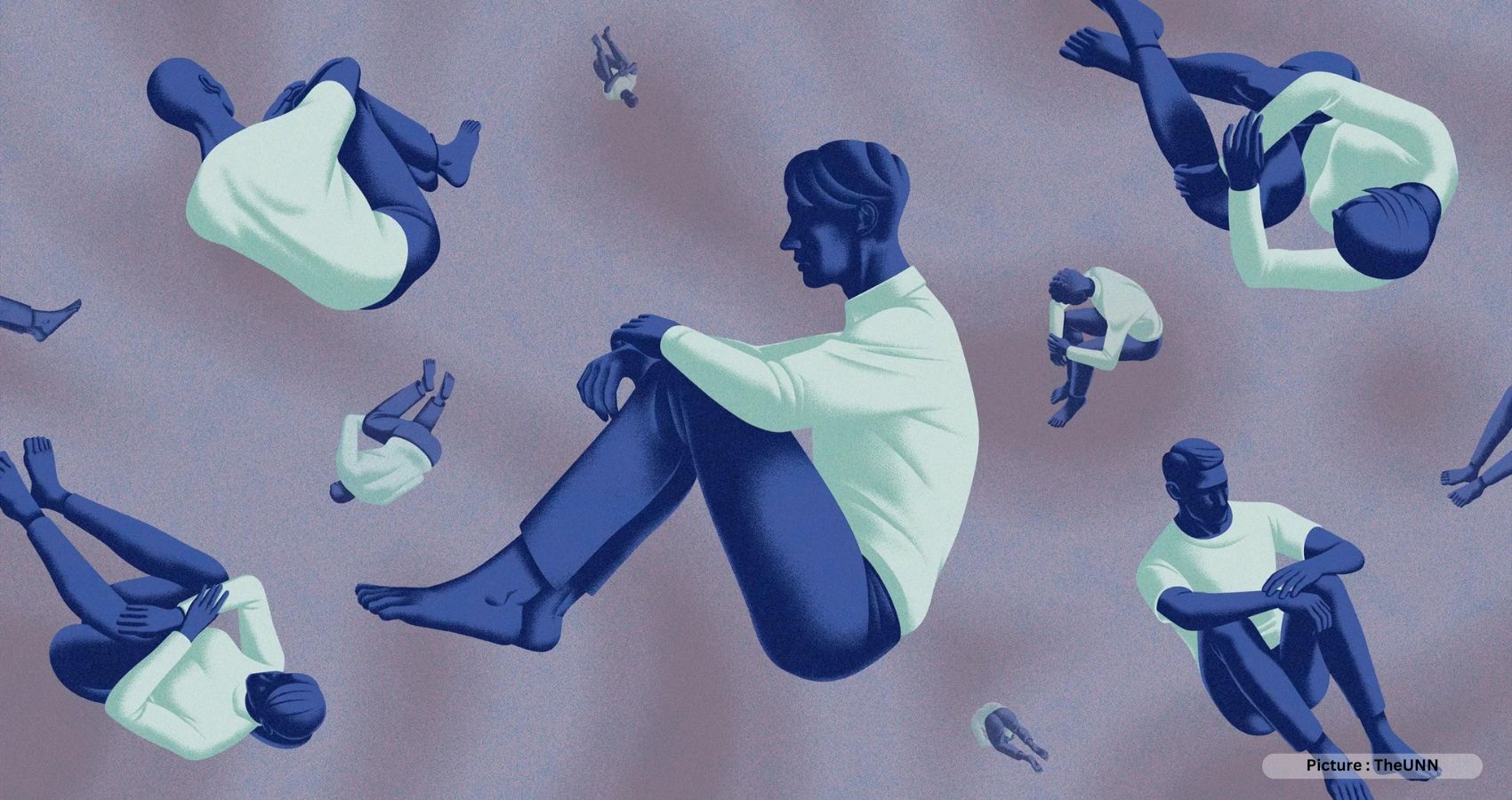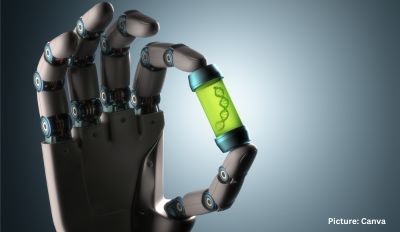When Leo Tolstoy, a Russian philosopher, wrote the opening line of Anna Karenina, he might have been right. Blissful families are indistinguishable; each troubled family is miserable in its own specific manner.”
A new report distributed in Mental Science and drove by a researcher now at the USC Dornsife School of Letters, Expressions and Sciences, recommends that with regards to their cerebrums handling data, individuals who are not forlorn are similar, yet every desolate individual cycles the world in their own, peculiar way.
Overflowing examination shows that forlornness is inconvenient to prosperity and is many times joined by self-announced sensations of not being perceived by others. A new report from the US Top health spokesperson’s office alluded to depression as a general wellbeing emergency in response to the developing number of grown-ups experiencing this condition. Indeed, even before the beginning of the Coronavirus pandemic, around half of U.S. grown-ups revealed encountering quantifiable degrees of depression.
Forlornness is peculiar
While she was a postdoctoral individual at UCLA, Elisa Baek, partner teacher of brain research at USC Dornsife, looked to all the more likely comprehend what adds to such sensations of separation and being misconstrued. Baek and her group utilized a neuroimaging procedure called practical attractive reverberation imaging (fMRI) to look at the cerebrums of 66 first-year understudies while they watched a progression of video cuts. The videos covered a wide range of topics, from melodramatic music videos to party scenes and sporting events, giving researchers a wide range of scenarios to examine.
The UCLA Loneliness Scale, a survey that measures a person’s subjective feelings of loneliness and feelings of social isolation, was given to the participants, whose ages ranged from 18 to 21, prior to being scanned.
In view of the review results, the analysts isolated the members into two gatherings: desolate and “nonlonely” (those not encountering depression). After that, they used fMRI to scan each participant’s brain as they watched the videos.
Contrasting the cerebrum imaging information between the two gatherings, the analysts found that lonelier people displayed more different and eccentric mind handling designs than their non-desolate partners.
This finding is critical in light of the fact that it uncovers that brain comparability, which alludes to how comparable the mind movement examples of various people are, is connected to a common perspective of the world. This common perspective is significant for laying out friendly associations. Individuals who experience the ill effects of depression are not just less like society’s standard of handling the world, yet each desolate individual varies in novel ways, also. The feelings of loneliness and a lack of social connections may be exacerbated by this individuality.
Baek said, “It was amazing for observe that desolate individuals were even less like one another.” The way that they don’t track down shared trait with desolate or nonlonely individuals makes accomplishing social association considerably more challenging for them.
Dejection isn’t tied in with having or not having companions
All in all, does peculiar handling in forlorn people cause dejection, or is it a consequence of depression?
The specialists saw that people with elevated degrees of depression – ; regardless of the number of social connections or friends they had -; were bound to have eccentric cerebrum reactions. This raised the likelihood that being encircled by individuals who see the world uniquely in contrast to oneself might be a gamble factor for depression, regardless of whether one mingles routinely with them.
The study also suggests that a person’s idiosyncratic way of processing the world may be influenced by the degree to which social connections or disconnections change over time.
Looking forward, Baek said she is keen on analyzing individuals who have companions and are socially dynamic yet at the same time feel forlorn. In addition, the researchers are examining how lonely people react to specific situations in different ways. For instance, do desolate individuals show mannerisms while handling unforeseen occasions or questionable social settings in which things can be deciphered in an unexpected way?











